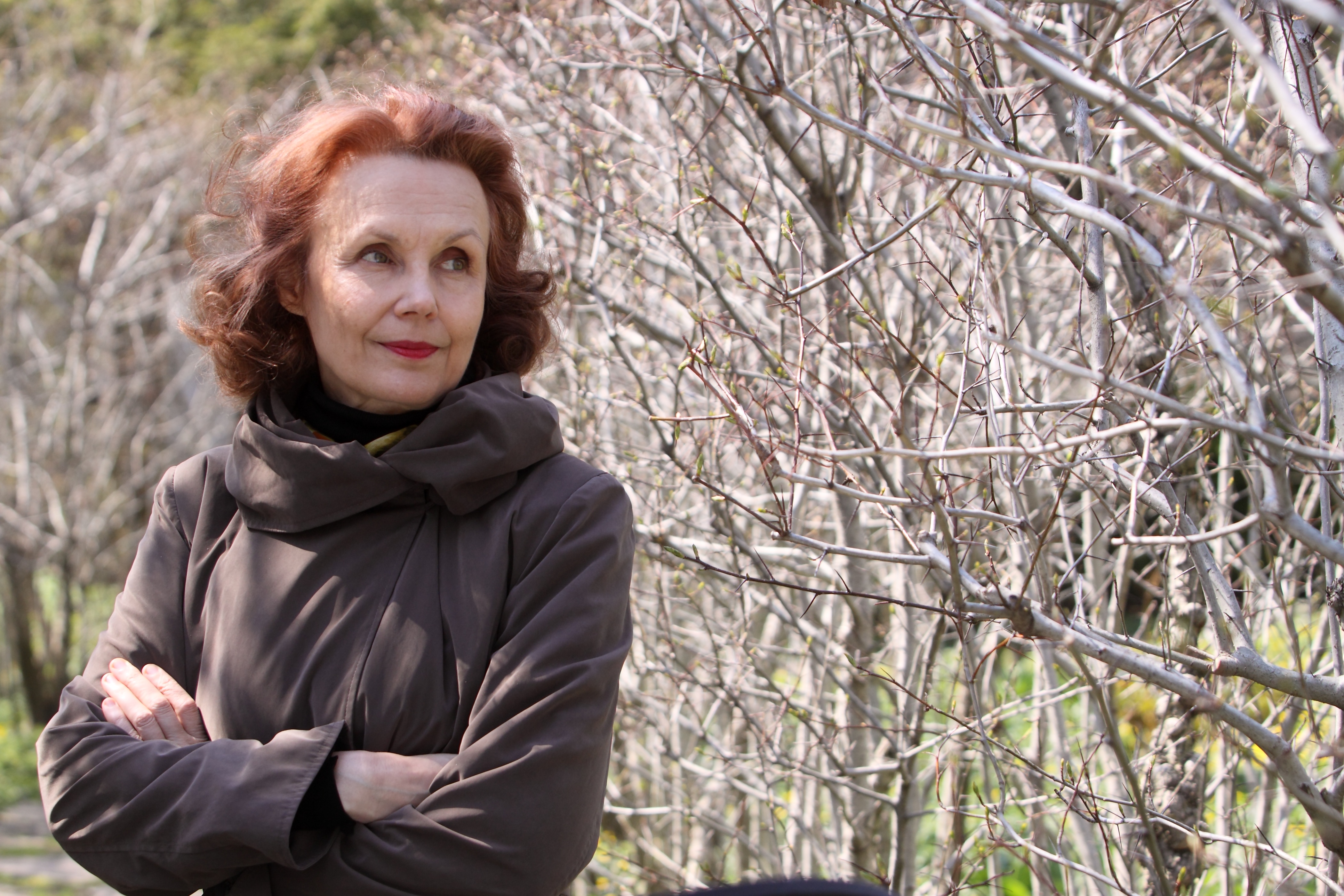STATEMENT FROM KAIJA SAARIAHO’S FAMILY
We are crushed to announce that Kaija Saariaho has passed this morning. She slept awaypeacefully in her own bed, at home in Paris. As her family, we are issuing this as our sole statement, and request the peace of our time of mourning be respected.
In February 2021, Kaija was diagnosed with a glioblastoma, an aggressive type of brain cancer, found from the onset to be uncurable and lethal. With characteristically strong determination, she fought daily to both slow its growth and live fully. The multiplying tumors did not affect her cognitive faculties until the terminal phase of her illness; they were located in the area controlling her motor skills on the right side of her body, which led to growing difficulties in walking and talking, in turn exacerbated by ensuing falls and broken bones. Kaija’s appearances in a wheelchair or walking with a cane have prompted many questions, to which she answered elusively: following her physician’s advice, she kept her illness a private matter, in order tomaintain a positive mindset and keep the focus on her work. Her case should however help raise awareness concerning the nature and detection of brain tumors. It should also highlight the plight of immunocompromised individuals: twice Kaija has contracted Covid in public events where insufficient measures were taken, if at all, to protect the most fragile among us. Her experience as a wheelchair user also made her more aware of the inadequacy of many locations she visited, including cultural venues. All of this she would now want publicized. She also hoped that, through the experimental treatment protocols she underwent at the Pitié-Salpêtrièrehospital in Paris, she could, on a small scale, help advance research on conditions such as hers.
Kaija, who was born in 1952 in Helsinki, Finland, died prematurely at the age of 70, but lived a full life. Her early trajectory brought her from the avant-garde music circles of Finland to the European stage between Freiburg, Darmstadt and Paris, giving her the opportunity to contribute to the golden age of computer music, and later integrate a new understanding of harmony and psychoacoustics into the tradition of modern orchestra and opera writing. She achieved universal recognition among her peers and both public and critical success, all while never ceasing to challenge herself to explore new directions.
During the time of her illness, Kaija had the joy of being surrounded by a close circle of faithful friends and collaborators, and even of expanding it. She was involved in many new productions of her music, and in the premiere performances of her latest works: the Saarikoski Songs, the chamber music piece Semafor, the orchestra work Vista, the madrigal Reconnaissance, the re-creation of her first music theatre piece Study for Life, and her acclaimed last opera Innocence. She also did not relent in her commitment to teaching and passing the torch. One of her last endeavors was to lead the jury of an organ composition contest she initiated for the inauguration of the Helsinki Music Centre’s new organ, an instrument she helped fund.
The final months of Kaija’s life were devoted to the completion of her trumpet concerto, HUSH, which will be premiered in Helsinki on August 24th by Verneri Pohjola, with Susanna Mälkkiconducting the Finnish Radio Symphony Orchestra.
Kaija is survived by all of us who loved her and were blessed with her relentless generosity and insightful artistic support. But more importantly, we will all be survived by the bold, sensitive, exploratory music she has created, termed a classic of this century already in her lifetime.
Jean-Baptiste Barrière, composer and multimedia artist, her husband
Aleksi Barrière, writer and director, her son
Aliisa Neige Barrière, conductor and violinist, her daughter

